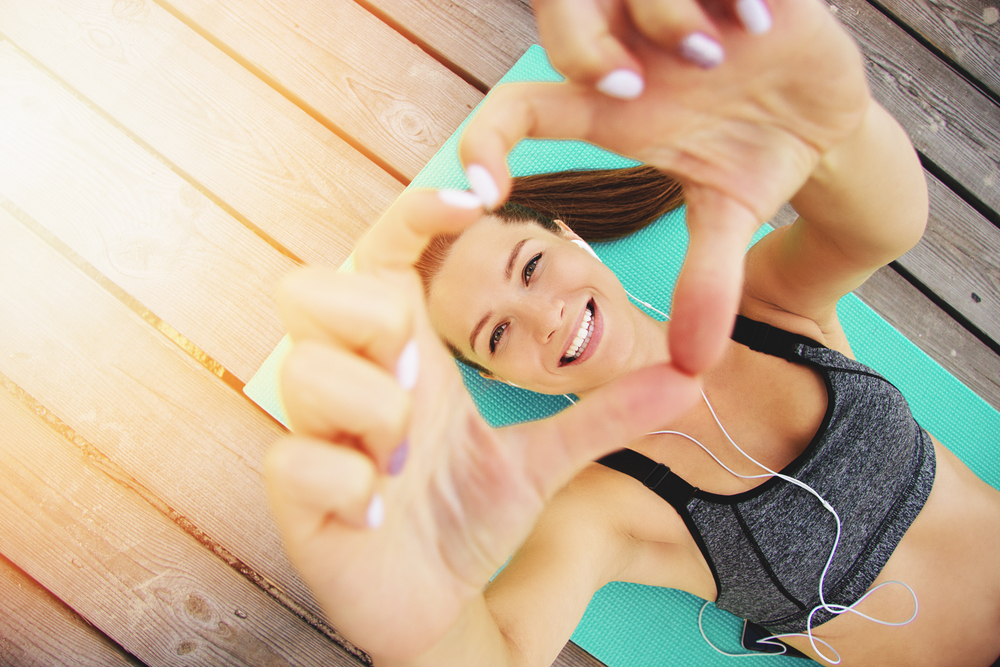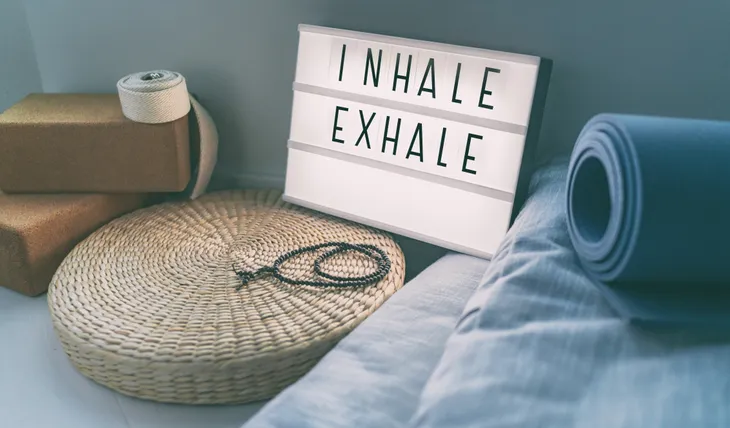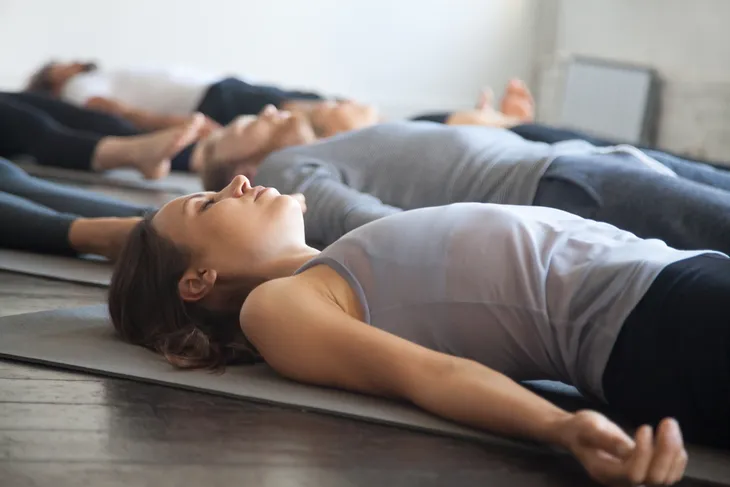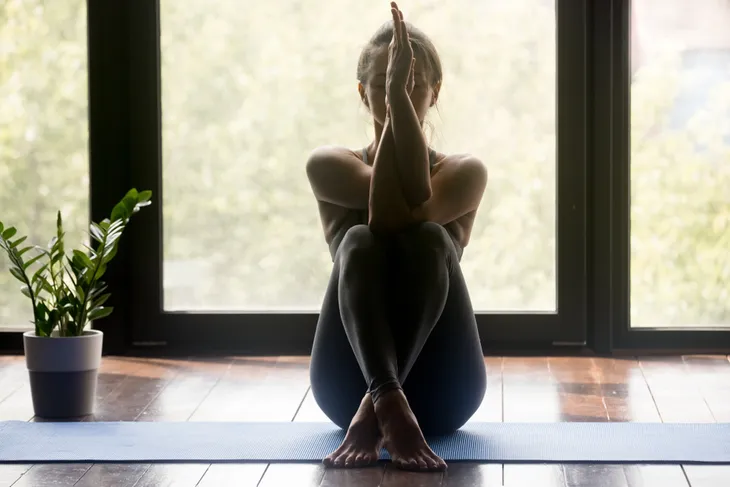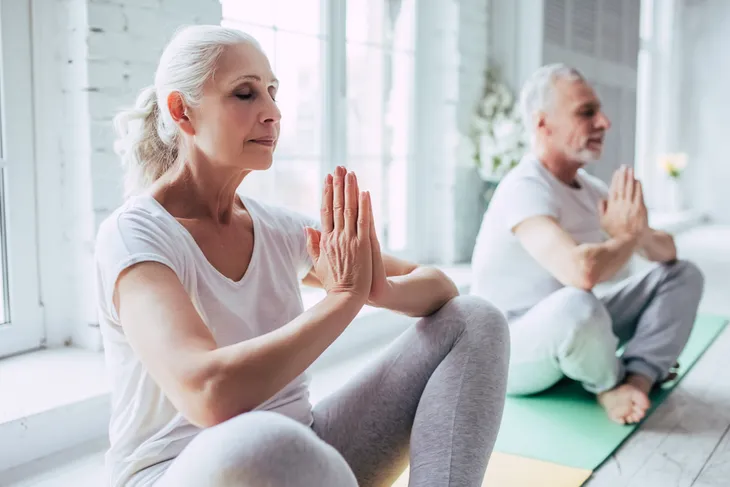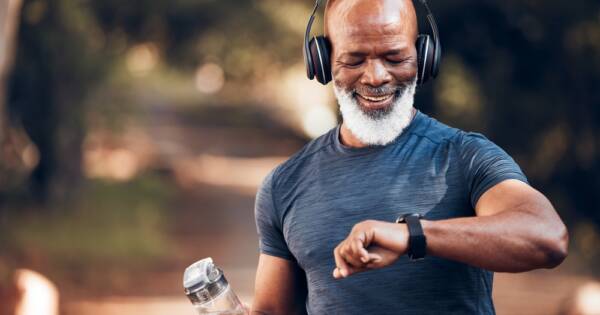Have you ever wondered why everyone from hockey players to office desk jockeys practice yoga? According to Oregon-based Fibromyalgia Specialist, Ginevra Liptan, “yoga therapy is one of the most effective medicines”…which she prescribes to her patients regularly.
Let’s take a look at six chronic illnesses that yoga purportedly helps heal…
Anxiety Disorder
Anxiety and stress-related disorders have a few things in common—mainly they affect the parasympathetic nervous system. A gentle style of yoga, such as hatha, restorative or yin yoga can help to calm the parasympathetic nervous system.
Yoga also helps participants focus on the now, according to integrative physicians at the Cleveland Clinic. Through mediation, body awareness, and guided breathing exercises the mind is taught to tune out external stresses and focus on the present.
Heart Disease
You’ve got to put two and two together when it comes to slow, meditative breathing and improved heart health. Researchers at Erasmus University Medical Center certainly did when they discovered that yoga improved cardiovascular health.
The research group concluded that yoga—unlike other forms of exercise—calls on a “powerful trifecta” of slow asanas (or poses), meditative breathing, and relaxed focus that calms the whole body and works to lower blood pressure and stress.
Sleep Disorders
If you struggle with insomnia, studies show that yoga can be your sleepy-time ally. A 2004 study published by the National Institutes of Health researched chronic insomnia treated with yoga with positive results.
Exercise in all forms can greatly improve sleeping patterns. However, when researchers asked participants to practice yoga daily while keeping a record in a sleep-wake diary, they found that sleep efficiency, total sleep duration, and sleep quality improved while the number of awakenings decreased.
Cancer
Research from the University of Maryland Medical Center Yoga claims that yoga can be used as an additional treatment for cancer patients. One particular study from the University of Maryland monitored a group of 68 breast cancer patients.
Findings revealed that patients who practiced yoga regularly suffered far less depression and anxiety versus a patient with no yoga practice. The researchers also noted that negative reactions to radiotherapy were also reduced.
Inflammation
If you struggle with chronic inflammation, studies show that gentle yoga can help ease pain and reduce swelling. A study conducted by the Institute for Behavioral Medicine Research at Ohio State University monitored the effects of 90-minute yoga sessions on a group of participants for a 3-month period.
Results from the study revealed that yoga—performed twice per week for 3-months—was able to reduce inflammation by roughly 20- to 25-percent in various breast cancer, heart, and arthritis patients.
Arthritis
Medical professionals across the board will agree that yoga can aid chronic arthritis patients—starting with decreasing the inflammation, stress, and depression associated with the management of a chronic disease.
In fact, research from Johns Hopkins University claims that preliminary studies on the benefits of yoga for arthritis show improvements in mental health, joint function, and overall emotional well being of patients.
